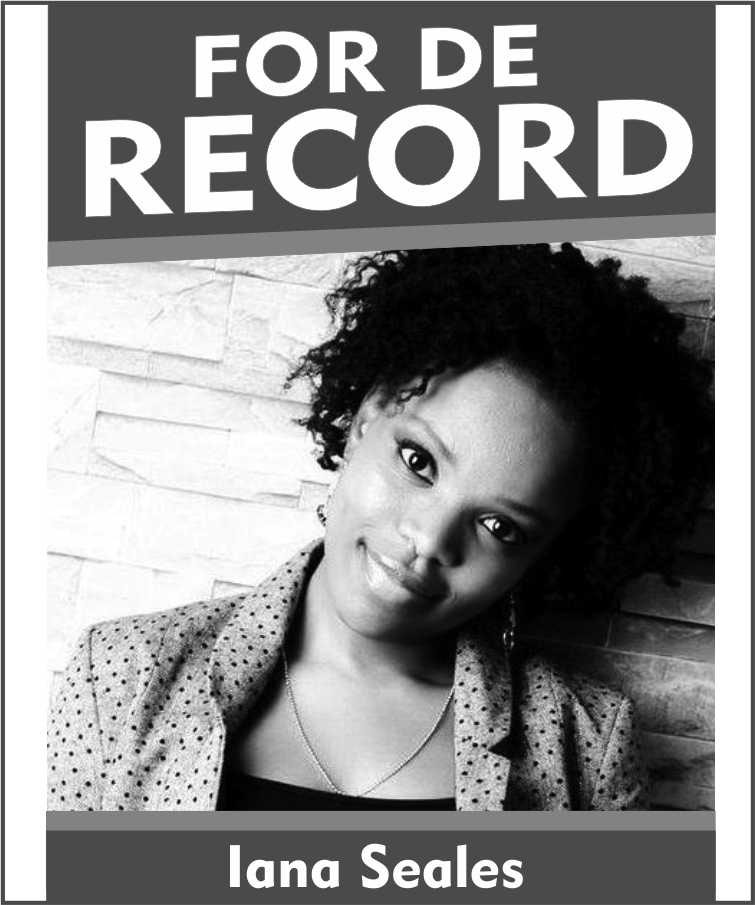Guyana has a long way to go in regards to respecting the rights of the child and ending violence against our children, according to a recent United Nations Children’s Fund (UNICEF) study, which found that 76 percent of our children are victims of violent discipline.
 This number is high and also deeply unsettling when you examine the data more closely to find that children as young as two-years-old are subjected to varying levels of abuse, from being hit or slapped with a bare hand to getting whipped with objects.
This number is high and also deeply unsettling when you examine the data more closely to find that children as young as two-years-old are subjected to varying levels of abuse, from being hit or slapped with a bare hand to getting whipped with objects.
Of course, none of it is surprising. This perception that some forms of violence, such as corporal punishment by parents or teachers, is entrenched in our culture and, as a result, we grow up thinking less about the victimisation and more about how the punishment was a normal–no permanent damage, a few stories to reminisce on and so on.
There have been too many instances of parents disciplining children in our society that has been passed off as normal punishment. Clearly, people should be allowed to discipline their children within the context of what they deem as fair punishment. But fair punishment doesn’t involve aggression. It also doesn’t involve an adult beating down on a child with a spade or a cutlass, a pot spoon or a bowl, or whatever the object at hand is. And it doesn’t involve verbal abuse either.
For too long, we have allowed parents to drag their children around in public, to shout depreciating things at them, and to strike them with all manner of objects. We see it happening and we look away because some of us had the same treatment as children and nobody intervened on our behalf.
While it is true that the level of violence against children we often witness in public is not as serious as what happens behind closed doors, such as children being scarred or injured from a beating or being knocked unconscious, it is still abuse. It is happening and we need to talk about it and report it.
The UNICEF report, ‘Hidden in Plain Sight,’ which was released in early September, draws on data from 190 countries, documenting violence in places where children should be safe: their communities, schools and homes. It details the lasting, often inter-generational effects of violence, finding that exposed children are more likely to become unemployed, live in poverty and be violent towards others.
Of concern to us are these figures: The study reported that 63 percent of children in Guyana were victims of some form of physical punishment and 66 percent victims of psychological aggression during the period 2005 to 2013. What the statistics show is that many children are routinely exposed to violence in our own society. They are ill-treated publicly and somehow it’s okay to see and say nothing because people should be allowed to “discipline their own.” I have heard the arguments about how parenting is difficult, especially in the 21st century, and that the methods of discipline employed these days need to be more stringent to keep children on the right path. I don’t agree with any of it.
Take for example the case of the Trinidadian mother who severely beat and later humiliated her 12 year-old “problem child” earlier this year by posting a video of the ugly episode online. The mother–Helen Bartlett–defended her actions, saying that she was prepared to go to jail to set the girl on the right path.
Bartlett is certainly allowed to discipline the girl, but what the video showed was a mother being extremely abusive with her child both physically and verbally, to say nothing of psychologically. The girl’s conduct was, as Bartlett explained, improper but after watching her method of discipline, it was difficult to lend support to her as a mother who is deeply concerned.
While the definition of what constitutes child abuse varies, the United Nations has been clear on the rights of our children, including their entitlement to care, security and a good upbringing free from violence. Children should be treated with respect for their person and individuality; this is what I subscribe to. Using violence is not the way to discipline children and there is nothing normal about it either.
Was I ever punished growing up? Yes. Was I exposed to some form of violent punishment? Yes. Did I turn out okay? Yes. These are the questions that usually flood the discussions when I raise this issue with proponents of corporal punishment.
But this norm, as we know it, involves hitting with the hands or with any weapon be it a whip, a stick, belt, shoe, pot spoon and bowl, among others. How is this right? When we see these things and we say nothing it works against the goal of stopping more violence from harming more children.
It also runs counter to the campaigns we have been promoting here that encourages people to not only speak out against child abuse, but to also report it. What’s the line we hear so often? It reads something like this: If someone sees a child who they suspect is in need of protection or is at risk of abuse, they have a moral obligation to report it to child services.
But just ask Sahadeo Bates how that worked out for him. Last month Bates detailed his ordeal with neighbours and the authorities after reporting recurring incidents of child abuse.
This is what he said after of his experience: “I reported children were being abused and as a result of that, my children and wife including my relatives were traumatised, I was cursed by a policeman in uniform, ended up in prison among thieves, etc, and was also advised to mind my own business by those who are there to serve and protect. So, those who are responsible or could have prevented all of this, I witnessed children being abused and do you think I or anyone else should report it after this experience?”
It’s shameful that a concerned citizen, who on more than one occasion has written about witnessing public displays of children being brutalised, was treated in this manner. It’s equally shameful that this happened as Guyana was celebrating Child Protection Week (September 21-27), under the theme ‘Partnering with Communities to Prevent Child Abuse.’
The uncomfortable, unpalatable truth underlying Bates’ ordeal is that we have accepted violent punishment as a form of discipline in our society and as a result, the people we would normally identify as child protectors are accused of meddling and of “trying to tell us how to raise our children.”
This country needs at least six more Sahadeo Bates in every community, the community stakeholders engaged in the struggle of ending violence against our children, and the citizens who when they see something, they say something, even if it means running the ire of people they call neighbours and in some cases, friends.
Have a question or comment? Connect with Iana Seales at about.me/iseales
Note to readers: This week’s column is the first in a final series of writing I will do publicly for a while. This is due to increasing commitments at home and abroad. I am grateful for the emails and the comments shared over the year and mostly, for the support of regular readers.





